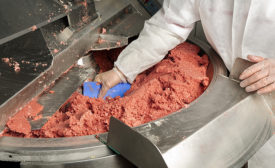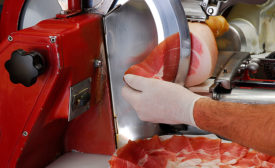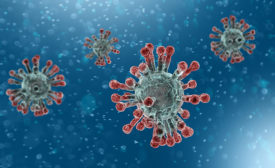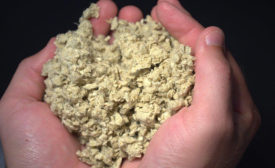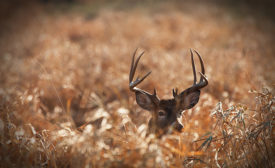Expert Commentary
Video | Coronavirus Coverage
Cordray's Corner | Dr. Joe Cordray
Good company leaders
Contribute to the success of a company in both good times and difficult times
Read More
Commentary | Fight for Food Safety
COVID-19: Contractual Protection of "Force Majeure" Clauses
Read MoreTech | Meat Science Review
Product yield, fatty acid content of N.D. wild game
March 17, 2020
Stay ahead of the curve. Unlock a dose of cutting-edge insights.
Receive our premium content directly to your inbox.
SIGN-UP TODAYCopyright ©2024. All Rights Reserved BNP Media.
Design, CMS, Hosting & Web Development :: ePublishing

